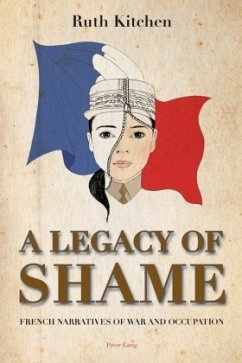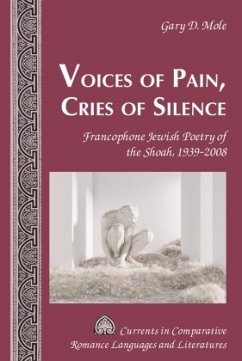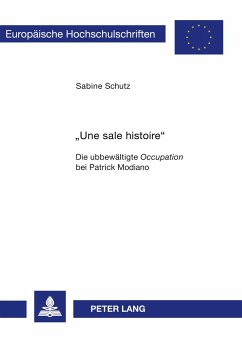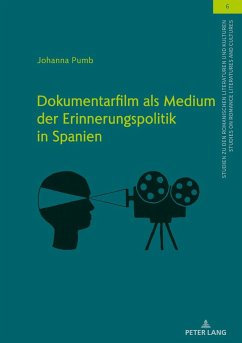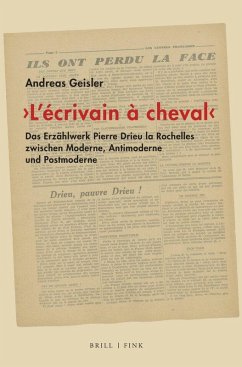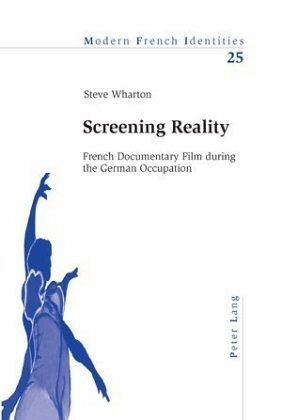
Screening Reality
French Documentary Film during the German Occupation
Versandkostenfrei!
Versandfertig in 6-10 Tagen
60,95 €
inkl. MwSt.

PAYBACK Punkte
0 °P sammeln!
Between 1940 and 1944 in German-occupied France, the previously disregarded documentary or film de complément took on a new and more prominent role for cinema audiences. Film programmes were obliged for the first time to show documentaries as well as the main feature. Vichy Government support and encouragement made documentary a vehicle for the palatable promotion of policy whilst ostensibly appearing neutral and didactic. Key to this task was the fostering of a climate in which documentary film could be appreciated in its own right, and so it was that special series of high quality documenta...
Between 1940 and 1944 in German-occupied France, the previously disregarded documentary or film de complément took on a new and more prominent role for cinema audiences. Film programmes were obliged for the first time to show documentaries as well as the main feature. Vichy Government support and encouragement made documentary a vehicle for the palatable promotion of policy whilst ostensibly appearing neutral and didactic. Key to this task was the fostering of a climate in which documentary film could be appreciated in its own right, and so it was that special series of high quality documentaries were screened first in Paris and then across France. In 1943 a Government-sponsored Documentary Film Congress acknowledged that these screenings were " au service de la France et du Maréchal ". This book relates the films to their historical context with reference to other propaganda materials of the period, to indicate how this might have been achieved.



